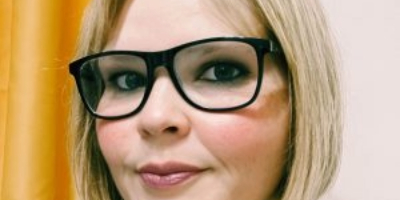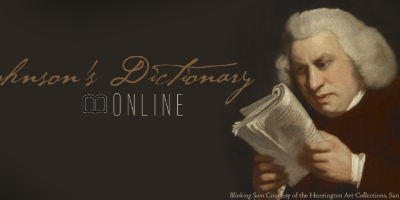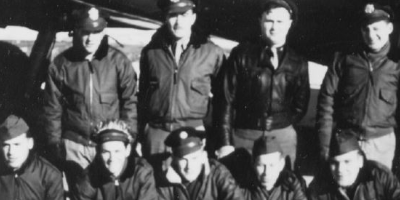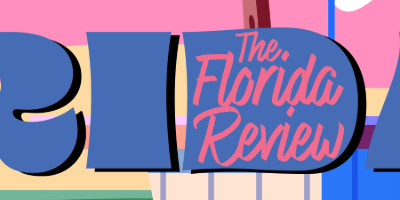
UCF’s Center for Humanities and Digital Research had another landmark year in 2023–2024, presenting groundbreaking research, collaborating with faculty, securing grants and providing educational opportunities to students.
Our new lab space, Trevor Colbourn Hall 325, is occupied and full of equipment (and research!) Our SMART Board, microfilm and 3D object scanners purchased last year were joined by the crown jewels of our archival tools: a large format scanner and a film scanner. The large format scanner is capable of digitizing any 2D object, from small photographs to large maps, art prints and blueprints. The secret is the large vacuum table—think an air hockey table, in reverse—that gently pulls rolled-up or otherwise wrinkled documents to lay flat for scanning. Combined with our book cradle, the scanner can also digitize old and deteriorating books quickly and gently, ensuring their preservation for years to come. Our Lasergraphics film scanner, capable of scanning 8MM, Super8 and 16MM film reels at 5K resolution, is the same model used by professional film archivists like Criterion. Students and faculty have been learning how to use the equipment, and we are actively seeking community partners and grant-funded opportunities to utilize the scanners to their fullest potential.
We have also begun a formalized talk series called “CHDR Presents,” where faculty researchers (and sometimes student researchers!) come to share their latest projects. We had several such talks in the last year, ranging from talks about musical composition to language acquisition, and collaborative writing to cultural events. We are already planning to hold five of these talks each semester, so we look forward to welcoming audiences to visit us and learn about the research our faculty are conducting.
CHDR continued work on ongoing projects and welcomed new ones this year. Amy Giroux continued her work with the Veterans Legacy Program in collaboration with history professors Amelia Lions and Barbara Gannon, funding an institute and providing educational materials for K-12 teachers and students in the process, as well as leading a workshop for one of CHDR’s other projects, EMURR, in Alexandria National Cemetery alongside student researchers and CHDR colleagues Brook Miller and Mike Shier assisting. The Veterans Legacy Program also helped Giroux continue her work with the Cheyenne and Arapaho tribes of Oklahoma by funding students to record oral histories of veteran tribal members who participated in cultural events held at St. Augustine, which were supported and planned with CHDR’s Mike Shier as well as writing and rhetoric instructor emeritus Marcy Galbreath. History professor Rosalind Beiler long-running PRINT (People, Religion, Information Networks, and Travel) project received grant funding and has hosted weekly meetings with eager student researchers, international partners and technical expertise from Brook Miller and Amy Giroux.
Brook Miller published a new book, Narrativity in Cognition, from Palgrave Macmillan Cham, and we look forward to hosting a CHDR Presents to celebrate its release this coming academic year. Mike Shier redesigned The Florida Review, the English department’s literary magazine, with its new editor, David James Poissant. CHDR also supported the ELO 2024 conference, co-hosting it with the Texts & Technology PhD program. Mike Shier served as the web chair of this virtual conference, and CHDR graduate research associates edited and published videos of the sessions to the repository in nearly real-time.
We also welcomed seven new graduate research associates in the fall through our partnership with Texts & Technology. During the year they worked with us, they gained experience building websites, maintaining databases, coding, editing video, doing graphic design, and archiving materials. These skills enhance their education in their degree program and increase the kinds of projects we can work on and support in the center. They also learned how to use (and teach use of) our new equipment. They have worked on many funded projects affiliated with the center, from the Veterans Legacy Program to ELLE, a language-learning virtual reality game led by Emily Johnson from the Department of English.
Through this academic year, we have continued our mission of supporting faculty research through expertise and grant-seeking, as well as supporting educational opportunities for students. We anticipate further growth next year and eagerly await your participation.




